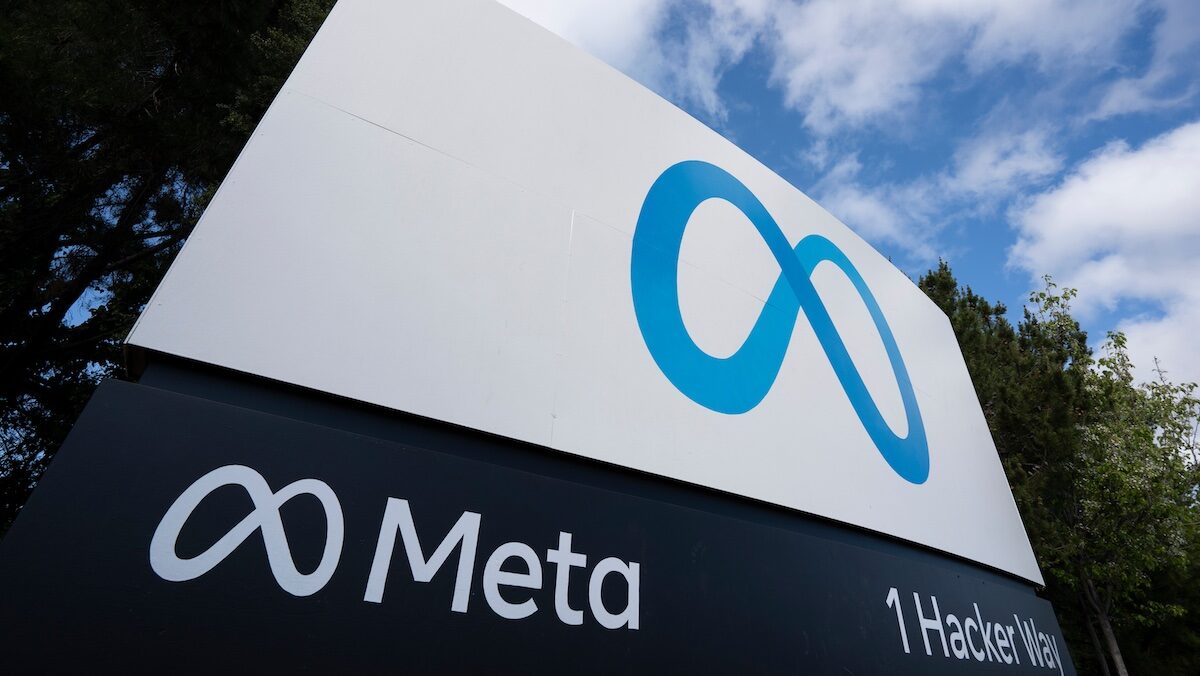In July 2025, a significant legal battle commenced in the Delaware Court of Chancery, targeting Meta Platforms’ CEO Mark Zuckerberg and other current and former executives. The lawsuit, initiated by shareholders, seeks $8 billion in damages, alleging that the company’s leadership failed to uphold user privacy, leading to substantial financial and reputational harm.
Background of the Case
The origins of this lawsuit trace back to the 2018 Cambridge Analytica scandal, where it was revealed that the political consulting firm had accessed data from millions of Facebook users without their consent. This data was reportedly used to influence political campaigns, including Donald Trump’s 2016 presidential bid. The scandal exposed significant lapses in Facebook’s data protection practices and raised questions about the company’s compliance with regulatory agreements.
Allegations Against Meta’s Leadership
Shareholders contend that Meta’s executives, including Zuckerberg, knowingly violated a 2012 consent decree with the Federal Trade Commission (FTC). This decree mandated that Facebook obtain explicit user consent before collecting and sharing personal data. Despite this agreement, the company allegedly continued to share user information without proper authorization, leading to the unauthorized data access by Cambridge Analytica. The plaintiffs argue that such actions not only breached the FTC agreement but also misled users and investors about the company’s data privacy practices.
Financial Repercussions and Shareholder Demands
The fallout from these privacy violations was substantial. In 2019, Facebook agreed to a $5 billion settlement with the FTC, one of the largest penalties ever imposed for consumer privacy violations. Additionally, the company faced a $725 million settlement with users and incurred significant legal expenses. Shareholders are now seeking reimbursement from the implicated executives for these costs, totaling over $8 billion. They assert that the leadership’s failure to enforce adequate privacy controls directly led to these financial penalties and damaged the company’s reputation.
Key Testimonies and Defense Arguments
The trial has featured testimonies from several notable figures. Privacy expert Neil Richards testified that Facebook’s privacy disclosures were misleading, suggesting a systemic issue within the company’s data handling practices. Conversely, Jeffrey Zients, a former board member, stated that user privacy was a priority for both management and the board. He supported the decision to settle with the FTC to allow the company to move forward, emphasizing that Zuckerberg was essential to the company’s operations and that there was no indication of wrongdoing on his part.
The defense argues that Facebook was misled by Cambridge Analytica and took steps to comply with FTC mandates. They contend that the company has significantly invested in user privacy since 2019, aiming to prevent future violations. Furthermore, they assert that Zuckerberg did not engage in insider trading related to the scandal, emphasizing that his stock sales were conducted under pre-established trading plans.
Implications for Corporate Governance
This case is being closely watched as a potential landmark in corporate governance and board accountability. It tests the viability of Caremark claims, which pertain to a board’s duty to oversee company operations and compliance. A ruling against Meta’s executives could set a precedent for holding corporate leaders personally liable for oversight failures, particularly in the realm of data privacy. Legal experts suggest that the outcome may influence future corporate accountability and governance frameworks, especially within the tech industry.
Settlement and Conclusion
On the second day of the trial, a settlement was reached between Meta’s executives and the shareholders. The details of the settlement remain undisclosed, but it effectively ends the legal proceedings. Judge Kathaleen McCormick commended both parties for reaching a resolution, highlighting the complexity and significance of the case. This settlement underscores the ongoing challenges tech companies face in balancing user privacy with business operations and the increasing scrutiny from both regulators and investors.



